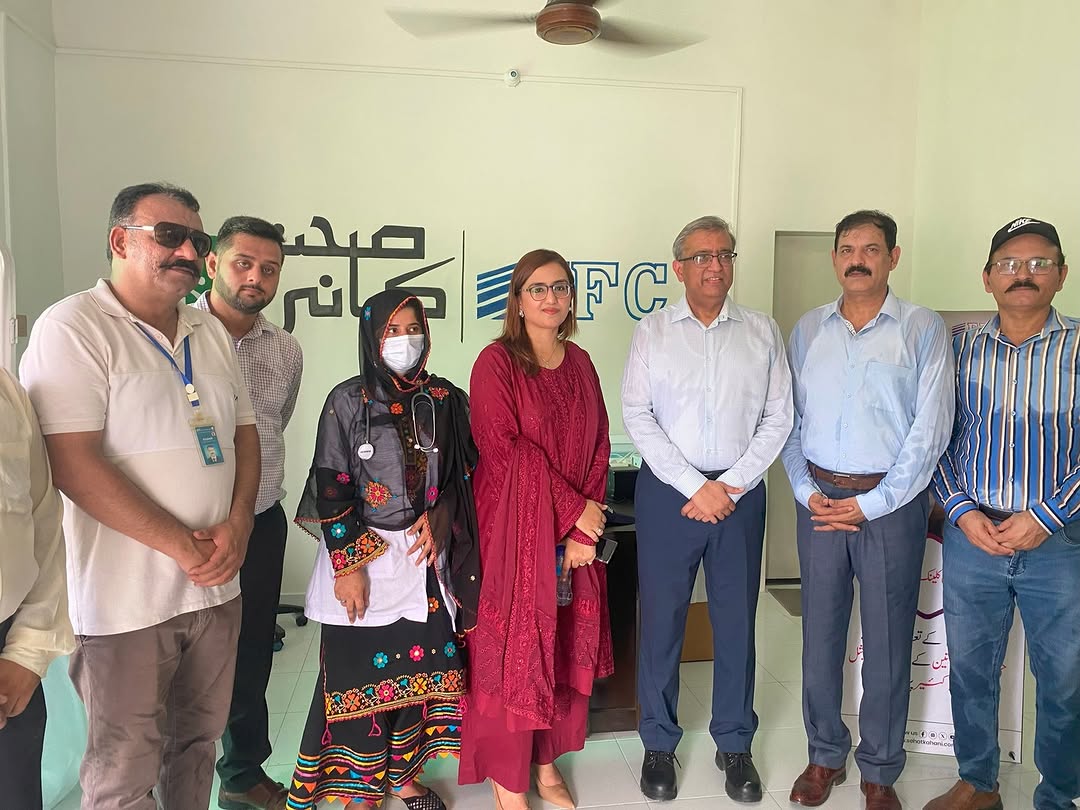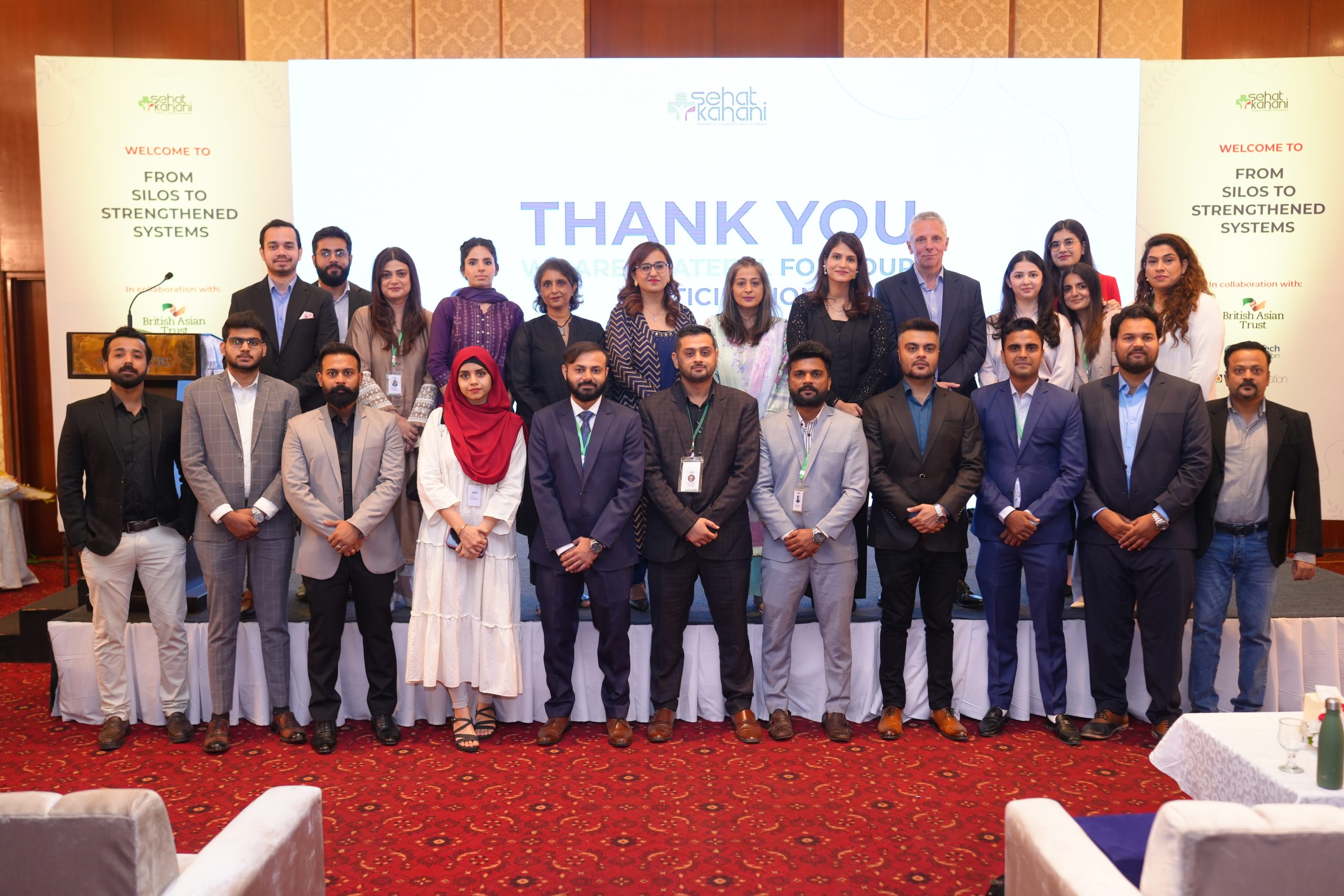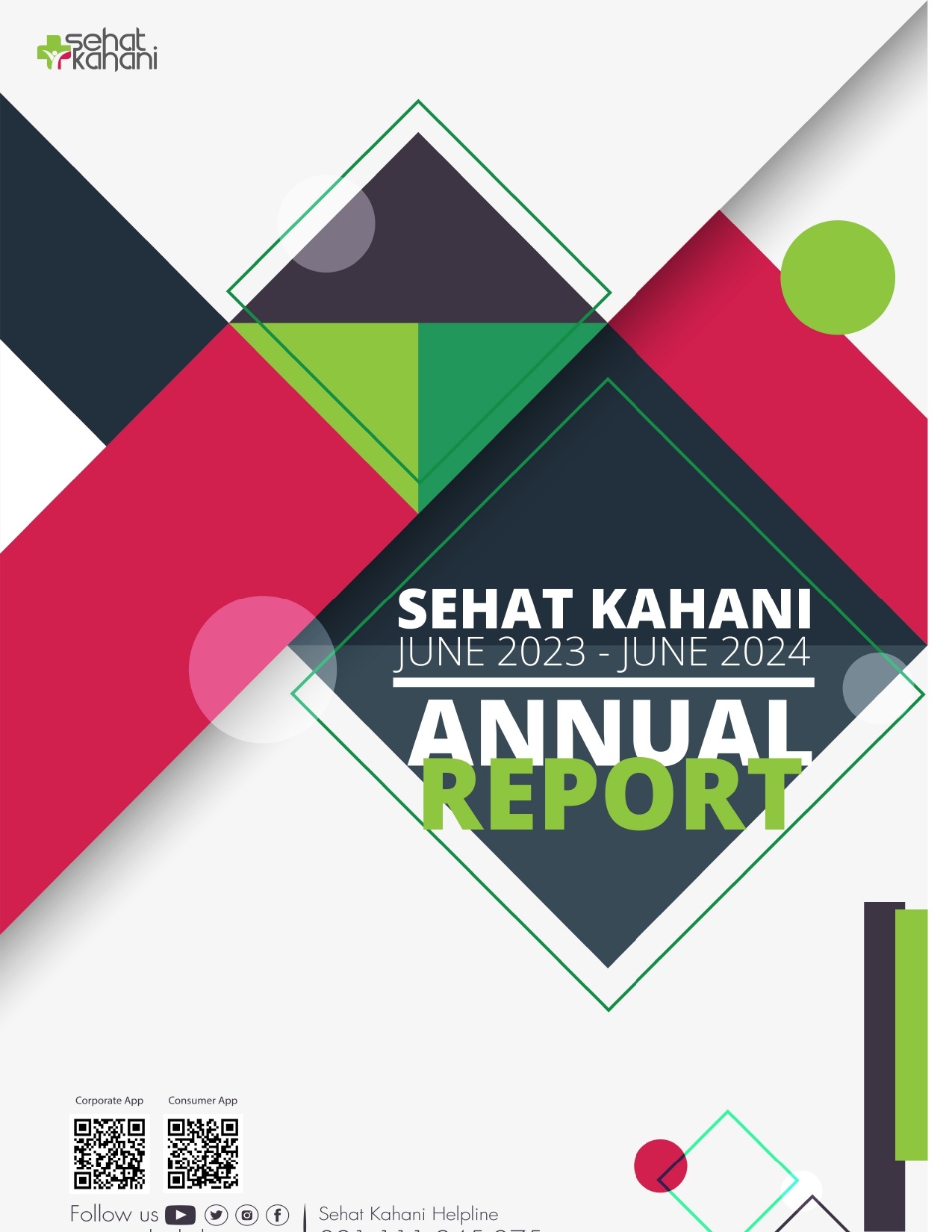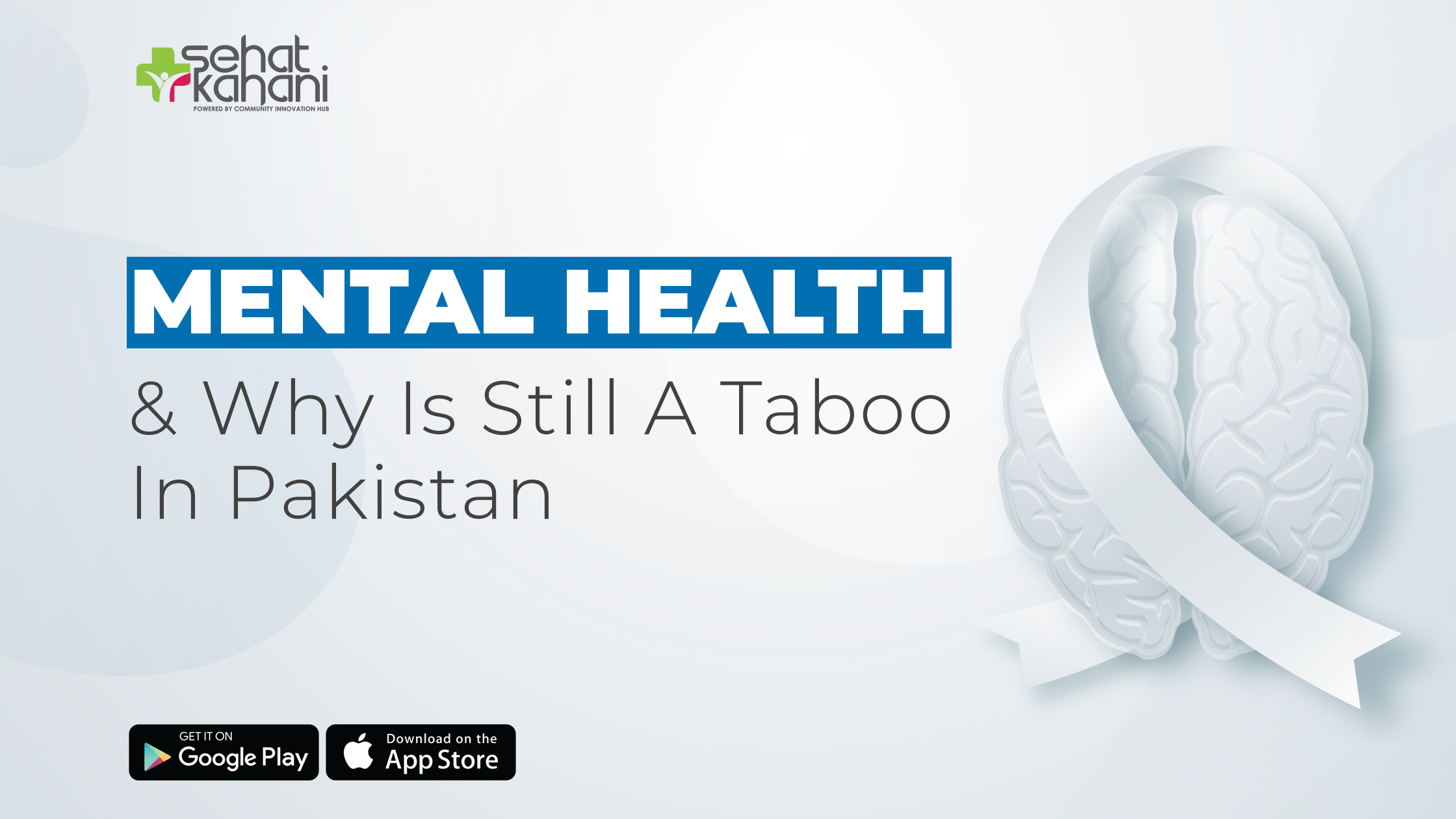
Introduction
It is a taboo to talk about mental problems almost everywhere in the world. Affected persons are allegedly witchcraft victims or are afflicted by evil spirits. Society occasionally holds patients accountable for their illnesses. Several mental illnesses are accompanied by odd or aggressive behavior. People who act in this way are likely to face hostility, scorn, or dread. Many locations still use electroshocks, beatings, or incarceration as common reactions to aggressive, out-of-control behavior, or even severe depression.
Globally, mental illnesses are on the rise, and Pakistan is especially challenged when it comes to mental health. Ongoing disasters like the floods coupled with the still-existing aftermaths of the COVID-19 pandemic have an additional toll on the mental health of Pakistani people. Unfortunately, the topic of mental health is still taboo in Pakistan which is giving rise to the number of individuals with undiagnosed mental disorders.
World Mental Health Day is a global day of education, advocacy, and de-stigmatization of mental illness. 10th October is the date dedicated for the celebration of Mental Health Day. This mental health day let’s highlight the reasons why mental health is still taboo as it will help in finding the root cause which will lead to the development of effective mitigation.
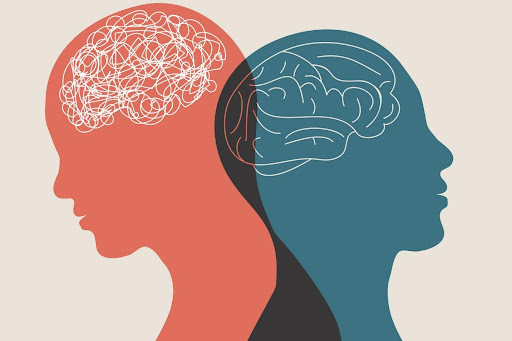
Mental health in Pakistan
Pakistan is home to nearly 200 million people having one of the worst mental health indices and fewer than 500 psychiatrists per million people. More than 90% of Pakistan’s population with common mental diseases go untreated due to the country’s dearth of mental health experts. Although it appears that more people are now aware of mental health problems, along with the scarcity of psychiatrists in Pakistan, the stigma associated with mental health still exists.
There are many problems linked to mental healthcare as well. It is considered a luxury, a taboo, and something that should not be talked about or disclosed.
Reasons behind mental health being a taboo in Pakistan
A taboo or tabu is a restriction on anything based on cultural perceptions that it is overly disgusting, sacred, or only permitted by specific people. All those things which are happening but cannot be talked about are said to be taboo topics. In a country where the word “mental” and “crazy” are used as synonyms, the lacking mental health education can be estimated. Since degrading terms are attached to mental health, it remains a taboo all around the country.
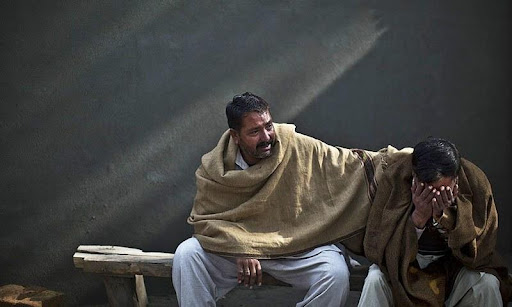
Everything surrounding “men don’t cry”
Very troubling and unfortunately very commonly used statements in Pakistan are “men don’t cry” and “man up!”. This leads to the development of a mentality that men cannot have feelings, and should not show emotions. This holds a very significant impact on the mental development of men and the way they express their emotions. Restraining from the expression of vulnerabilities makes men more violent and aggressive. The expectations of keeping emotions to themselves make men more likely to commit suicide and experience despair than women.
When 51.4% of the population of Pakistan which is male is taught to keep their emotions to themselves and not talk about mental health, the taboo of mental health in Pakistan solidifies.
Psychiatric patients seek help from religious healers
Masses of Pakistan tend to believe that mental health problems are associated with religion and thus many people entirely depend on religious healers for their psychiatric disorders. Spirituality can calm people and may solve disorders to some extent. However, depending entirely on religion can be dangerous. Also, not talking about the real mental health issues and fabricating them to be something else also back mental health to stay taboo.
Labelling mental disorders as a curse or a consequence of being distant from religion
Mental health disorders are not talked about in Pakistan as people, mostly the elderly, believe that being distant from religion is the only cause of mental disorders. The belief that regular prayers and fixing your religious routine can entirely solve mental disorders restricts people from getting necessary medical attention for mental health issues.
Mental disorders labeled supernatural or para natural
People are more inclined to turn to metaphysical treatments when explaining psychological pain with ghosts and demons, witchcraft, and divine punishment. People have relied on traditional healers and spiritual authorities who conduct rituals, ceremonies, and exorcisms for ages. In many regions of the world, psychotherapy and scientifically based psychiatric techniques are far less commonly used.
Mental healthcare is considered a luxury
Another reason mental health is taboo in Pakistan is that mental healthcare is considered a luxury. You notice people talk about physical illnesses like diabetes and hypertension. However, people tend to ignore the topics of mental health having a mentality that something we cannot afford should not be talked about.
Judgement and discrimination
Judgment and discrimination among people greatly exist in Pakistan. The masses have been discriminating based on race, color, gender, and even disease. There is a common culture of using words like “Pagal” (crazy) and “Nafsiyati” (mentally challenged) for people as insults which makes people scared to talk about their mental health issues.
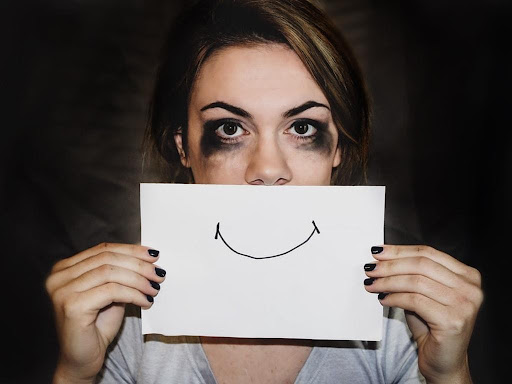
Societal Stigma
Various social stigmas exist in our society which not only affect the mental health of people but also strengthen it to stay taboo. For instance, there are a lot of stigmas attached to divorce in Pakistan. There is a great deal of judgment the couple has to face if they decide to separate. The situation is worse for women as they fear that if they seek a divorce, their family and friends might cut them off. The financial dependence of several women makes it more unattainable for them to seek separation. This bounds many couples in unhappy marriages, wreaking their mental health.
Societal stigma not only harm adults but also aids in keeping the mental health of children stays a taboo in Pakistan. The majority of the schools are deprived of mental health counselors and school staff is negligent towards issues like bullying. Phrases like “why are you crying like a child” and “man up” are very common in Pakistan which obstructs children and teens from talking about their mental health.
Stigmatized marital abuse
Couples in Pakistan are taught that marital abuse is a family problem and they should keep it to themselves. The glamorization of compromise for women even for issues like physical and mental abuse aids in keeping mental health a taboo in Pakistan. Constant abuse can result in the development of PTSD and depression and can make both men and women more vulnerable to substance abuse and even suicide.
Lack of sex education
Sex education is a stigma in Pakistan and it is believed that incorporating sex education in the syllabus will increase shamelessness in young minds. Due to the lack of sex education in schools and the general ban on the discussion about sexual and reproductive health, young people get their concepts of sex and reproduction from other, wrong means. Not knowing the scientific facts and believing what is available on the internet build insecurities in young minds about their bodies, abilities, and desires which cause mental health problems. Since talking about sexual health itself is stigmatized in Pakistan, the mental health problems related to it remain taboo.
Ways to make a better tomorrow for Pakistan
There has been some betterment in the understanding of Pakistani people around mental health in the past few years, but there is still a long way to go. Masses of Pakistan have to play their roles as well as have to unite to kill the taboos to ensure the better mental health of their fellow country people.
Individual roles
As Pakistanis, we have to realize that not everything has to be fixed by the government. Our national leaders, especially Allama Iqbal, have taught us not to wait aimlessly for the solution to our problems and rely on the authorities to fix things. Instead, individual efforts can collectively help us shrink the taboos surrounding mental health in Pakistan.
The most important first step to breaking any taboo is to talk about it. For that, telling people about your challenges can help as it will encourage other people to share their stories as well. Speaking your mind and feeling out loud might be frightening but rather than being a personality trait, it is more of a talent that can be learned and developed. Sharing about your mental condition might make you feel vulnerable but there is also a possibility that it can develop a sense of liberation.
Giving respect and showing empathy to someone who is sharing their struggle is also important. You must avoid making any insensitive comments about anyone’s condition. It is also significant to educate the elders in a calm and understanding way about mental health problems so that they can also play their part in ending the taboo around mental health disorders.
Collective roles
Along with individual roles, their many aspects that are needed to be taken care of at a broader level to break the taboo of mental health in Pakistan. This may include educational reforms and government implementations. To break any taboos, it is important to create a discussion, so the government can implement reforms.
We can learn things from the way we tackled the coronavirus pandemic. Everyone around the globe was unfamiliar with the corona virus, however, with increased dialogue, awareness programs, and by just making people hear about it again and again via the caller tune messages, people got to know about the disease and thus it was controlled. Similarly, we can amplify the discussion around the topic via electronic media or even by utilizing the entertainment sector. This will make more and more people aware of mental health problems making it easier for sufferers to seek help.
In the education sector, there can be advantageous amendments in the syllabus as well as highlighting mental disorders and ways to cope with them. NGOs and healthcare organizations can spread the word by utilizing their audience and getting more and more people aware of it.
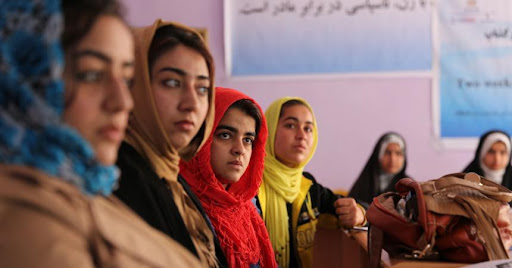
Conclusion
There is no health without mental health. In Pakistan, mental health is a serious problem that is made worse by ongoing political unrest and instability. Women are also at the forefront of this issue, which contributes to the harsh living conditions for women. For Pakistan to advance as a nation, mental illnesses which continues to spread and negatively impacts the well-being of the entire populace, must be tackled. Talking about taboo subjects is difficult but it is the necessity of the day to stop mental health from staying taboo in Pakistan.
FAQs about mental health in Pakistan
Is mental health still stigmatized in Pakistan?
Mental health, unfortunately, is still stigmatized in Pakistan. This is due to the poor healthcare infrastructure that hinders universal access to mental healthcare around Pakistan. The inaccessibility to healthcare in Pakistan has further developed during the pandemic in 2020 due to which the crisis of mental health has further increased.
Why is mental health not taken seriously in Pakistan?
Mental health is not taken seriously due to the lack of education and discussion around the topic. Mental problems are made fun of and people are taught that showing emotions is a sign of weakness which is why individuals tend to conceal their emotions with jokes.
Why do people avoid talking about mental health?
Talking about mental health can surface the vulnerabilities of people and make them ask for help which is why people tend to avoid talking about mental health. Another reason behind the avoidance of discussion on mental health is the idea that showing emotions is a sign of weakness. Fear of judgment is another important reason behind the avoidance.


